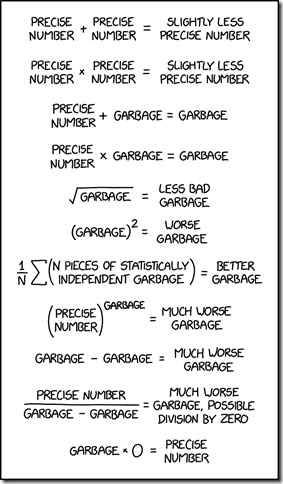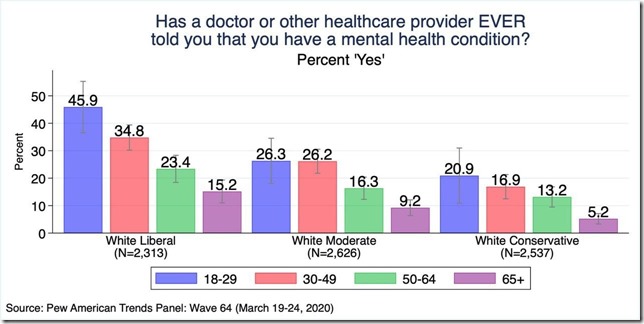After we come out of this pandemic, the stockpiling of food and water is likely to go up. There could be more anxiety about times when such essentials are unobtainable or difficult to get, and there will be an understanding that if that time occurs, there will be desperate people who might be dangerous. Protecting yourself and your loved ones might then be necessary. It could be better to have it and not need it than need it and not have it.
Trevor Burrus
April 15, 2020
COVID-19 could change the gun control debate for a generation
[“Could”.
I suppose that true. And Justice Ginsberg could decide the 2nd Amendment means what it says. But that’s not the way to bet.
I see COVID-19 giving us a another 5% points in elections for maybe three to five years. That might be enough to get enough judges in the courts to make the difference between winning and losing. But it’s still a close call.
I’m still sending lots of money to SAF and FPC to keep those lawsuits going because the game is still a long, long way from being over.
H/T to Stranger for the pointer.—Joe]





